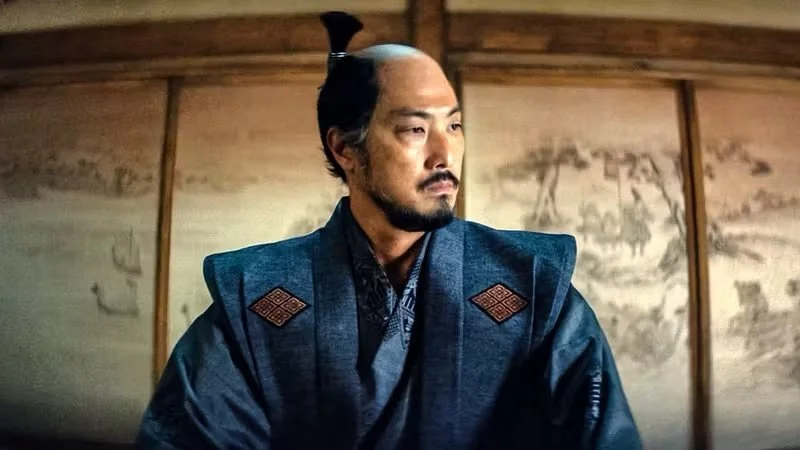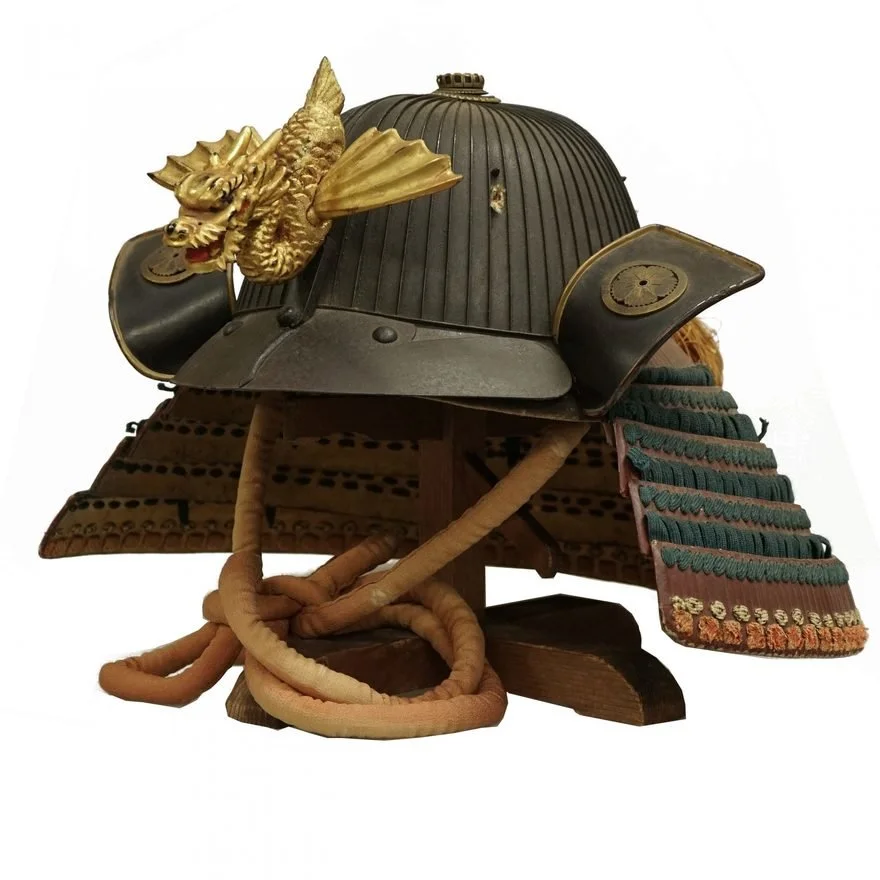



































Hairstyle Follows Function: Why Samurai Had Crazy Haircuts
发型遵循功能:为什么武士有疯狂的发型
1990s ROK Navy recruits, too
1990年代韩国海军新兵,也是
If you watched the recent Shogunremake, you might have wondered why the samurai, fearsome warriors that they are, had such goofy haircuts.
如果你看过最近重拍的幕府将军,你可能会想知道为什么武士,他们是可怕的战士,有这样愚蠢的发型。

I'd asked a teacher about this when I was living in Japan. The two-part answer had to do with the helmets samurai wore in battle.
我在日本的时候问过一位老师。两部分的答案与武士在战斗中戴的头盔有关。

1. The top of the head was shaved for cooling purposes. Those helmets, made of thin iron plates, get hot.
1.剃光头顶以用于冷却目的。那些头盔是用薄铁板做的,会变热。

2. The topknot, or
chonmage
, provided a raised contact point for the helmet at the rear of the head. The forehead provided a contact point at the front. This would friction-fit the domed helmet atop a samurai's head, while leaving a ventilation gap at the top.
2.顶结,或
chonmage
,提供了一个提高接触点的头盔在头部的后部。前额在前面提供了一个接触点。这将摩擦适合武士头顶的圆顶头盔,同时在顶部留下通风间隙。
I asked why the sides of the head weren't shaved as well, and the teacher said he wasn't sure. My theory is that hair on the sides provided additional friction to prevent the helmet from rotating in an impact. The samurai tied their helmets on with a cord beneath their chins, but just that and the topknot could surely use a little more help in battle; it's not like they had fitted foam inserts.
我问为什么两边的头发没有剃光,老师说他不确定。我的理论是,两侧的头发提供了额外的摩擦力,以防止头盔在冲击中旋转。武士们用一根绳子把头盔系在下巴下面,但仅仅是这样,在战斗中,顶髻肯定会有更多的帮助;他们不像是装了泡沫插入物。
Another example of hair serving a function in a martial context:
另一个头发在军事环境中发挥作用的例子:
Military service is mandatory in the Republic of Korea, a/k/a South Korea. When my cousin came of age in the '90s, he went into the ROK Navy. On a visit to Korea I met up with him while he was on leave, and was shocked at his regulation haircut: Shaved on the crown and all around the sides, but with long, emo bangs in the front! Essentially a reverse samurai haircut.
在大韩民国,服兵役是强制性的,a/k/a韩国。当我的堂兄在90年代成年时,他进入了韩国海军。在一次访问韩国时,我在他休假时遇到了他,并对他的常规发型感到震惊:剃掉了头顶和两侧的头发,但在前面留着长长的emo刘海!基本上是一个反向武士发型。
I asked him what the point was, and he explained that if they find you floating in the water, incapacitated or dead, they grab hold of the front locks to pull your body out. You were essentially growing a handle on the front of your head. Brutal but practical.
我问他这有什么意义,他解释说,如果他们发现你漂浮在水中,失去行动能力或死亡,他们会抓住前锁把你的身体拉出来。你的头上长了一个把手。残忍但实际。




































